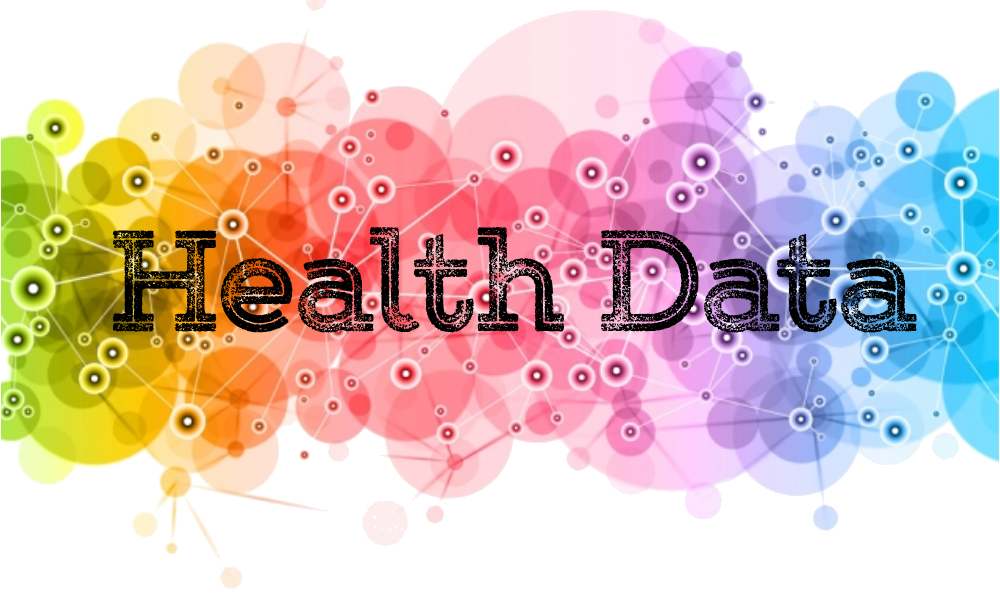I have a problem with my doctor and it has nothing to do with his credentials or bedside manner. He’s an excellent professional, is up on the latest medical problems and their treatments and doesn’t rush from one patient to another; he will actually sit and listen to each one individually and compassionately. So, you might ask what problem I could possibly have with this man of wonderful qualities.
My problem is that he quotes health statistics way too much for my liking.
During my yearly routine exam, he took it upon himself to quote statistics, and the possible dire consequences they could hold for me, concerning my age group, (breast cancer and heart ailments); my gender (perimenopause problems), my height and weight (height 5’5”, weight 142 — he said that was twenty pounds over the chart), my profession as a writer (too sedentary), and my heritage. I’m French-Dutch and Italian which, for my doctor, translated to my consuming large amounts of pastries and pasta.
And while I don’t exactly fit into the danger zones of those statistics, I left his office slightly depressed, a bit baffled and more than a little annoyed. I don’t see myself as a statistic, I see myself as an individual who, thank you very much, is healthy and active.
Now, God knows that as a writer, there have been times where I have quoted statistics about an issue, always with the appropriate references to a person or study conducted; it is part of my job. But even when I have done so, the thought that the statistics, as good as they may be, seem to be more generic than anything else crossed my mind. While statistics may be extremely valuable in determining choices for a healthy lifestyle, they are also notorious for being a means to make misleading statements.
A very good of example of statistics not always having true meaning is the height/weight ratio of an individual and the rule of measure, the BMI or body mass index, used for obesity. An adult with a BMI of 30 or higher, for instance, is considered obese. But because BMI is based on body weight rather than body composition, it doesn’t take into account how much of that weight is from muscle, bone or water as opposed to fat.
BMI can be statistically useful in general terms, but it doesn’t tell doctors where the fat is distributed or even distinguish between fat and muscle on individuals. That means that an athlete who has more muscle mass and stronger bones than the average person could have a high BMI that would statistically class them as overweight or even obese. On the other hand, older people who have lost muscle may have a deceptively lower BMI while still being overweight.
Statistics that show what can happen if you are born female, such as heart disease and breast cancer are a wonderful way to advise us about potential dangers. The key word is potential and not all women will develop these diseases. Basing statistics concerning these on family history is more a possibility game than the absolute truth. None of the women or men in my friend Lara’s family had heart problems yet she has had two heart attacks. My former editor Jean has a family history that includes heart problems on both sides. Yet at almost 70 years old she has not had any problems and has a clean bill of health from her doctors.
Then there are the statistics on how your profession can impact your health. Fifty years or so ago, most jobs required at least moderate intensity physical activity. Now less than 20% demand this level of energy expenditure. Statistics might show that sedentary jobs can be detrimental to your health but that is up to the individual. My profession as a writer, like many office-bound jobs, can be very sedentary but I get up periodically and take a walking break. I also do Ballet Barre 20 minutes every morning, and strength training 3 times a week. Scratch that one off my doctor’s list of my potential health hazards.
Heritage, countries and cultures of your ancestors can also be a factor in your health profile. Some cultures do have unhealthy eating habits but again, statistics are not on target even here because you can change what you eat and have a healthy diet. Despite what my doctor might think my heritage dictates for my diet, I eat pasta very rarely and do not have a sweet tooth.
My problem is not with statistics as a whole. My problem is that statistics only show the possibility of what can happen. It is a generic form of health care that is flawed. Not every woman will get every disease simply because she is over forty. Not all women go through their periods and menopause in the same way, statistics notwithstanding. Not everyone who has a ‘sit-down’ job will suffer the consequences of inactivity if they make sure that they are active and not sitting all day. BMIs are not accurate in all cases.
Statistics can and should be used as a tool to determine possible health risks for patients, but it should be noted that they can only be used as a tool, and not as a definite indicator of an individual’s health. Each of us is more than a number.
So, statistically speaking, don’t judge everyone’s health by statistics!
© 2019 copyright Kristen Houghton


